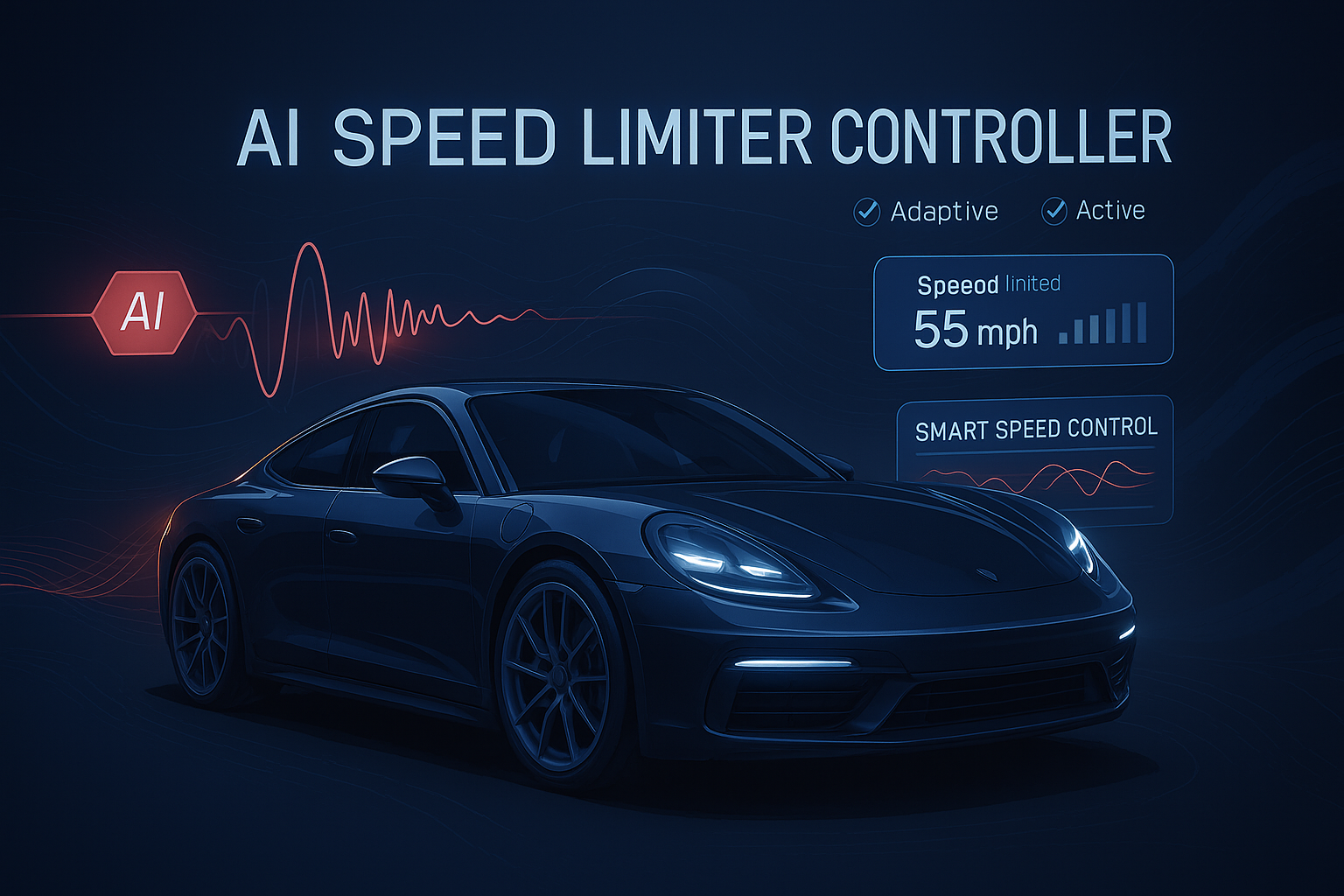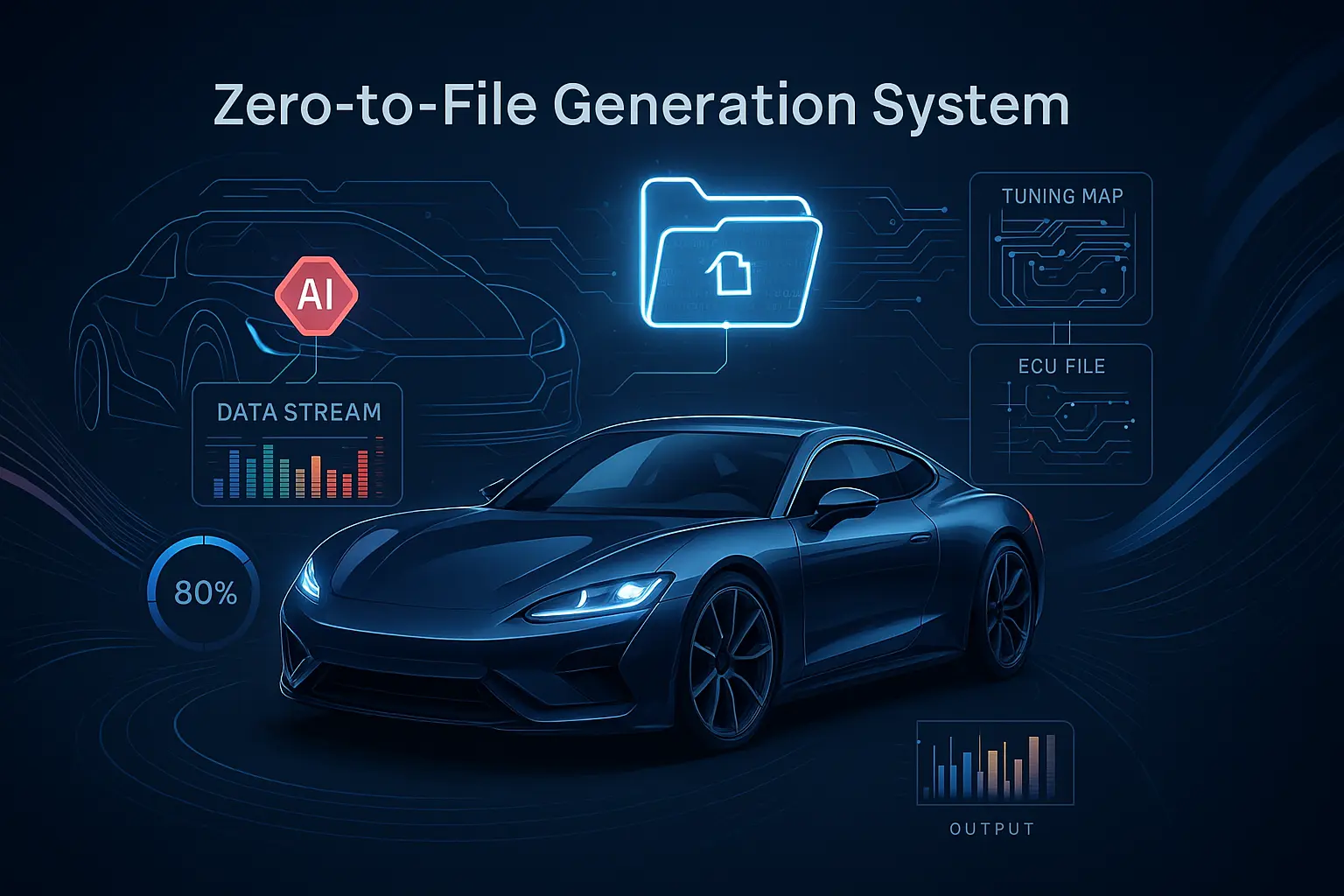Advanced OBD Map Data Analyzer | Optimize ECU Insights
🔍 Introduction
An advanced OBD map data analyzer is essential for precise vehicle tuning and diagnostics. This tool allows tuners to interpret ECU map data such as boost pressure, air-fuel ratio, and ignition timing after chiptuning. By using a professional-grade analyzer, both enthusiasts and pros can optimize engine performance with confidence and safety in mind.
⚙️ What Is an Advanced OBD Map Data Analyzer?
An advanced OBD map data analyzer is a high-level diagnostic and calibration tool that allows users to:
Read and visualize ECU map files
Analyze engine behavior in real time
Compare pre- and post-tuning parameters
Detect inconsistencies and unsafe values
Refine tuning strategies based on actual data
It’s more than just reading DTCs—this is about understanding the deep internal logic of how your engine reacts to modified inputs like fuel injection, boost pressure, ignition timing, and torque limits.
📊 Key Parameters Monitored
| Parameter | What It Reveals |
|---|---|
| Fuel Map | Determines fuel delivery curves |
| Ignition Timing | Affects throttle response and combustion |
| Turbo Boost Map | Indicates forced induction efficiency |
| AFR (Air-Fuel Ratio) | Critical for power vs. economy balance |
| Torque Limiter | Ensures safety under high load |
| Throttle Maps | Controls engine responsiveness |
🧪 Why ECU Tuners Rely on Intelligent OBD Map Analysis Tools
Using an advanced OBD map data analyzer ensures your engine operates within safe parameters after tuning. This helps avoid unexpected issues caused by mismatched ignition timing, poor fuel delivery, or unstable AFR ratios.
For a more general look at how tuning works, check out our Stage 1 Tuning Guide.
🔧 How It Works
Connect via OBD-II port using a compatible device
Extract ECU map data (via WinOLS, KESS, etc.)
Visualize parameters using dedicated software or AI platforms
Compare stock vs. tuned values
Optimize using real-world performance metrics
For a detailed overview of OBD-II systems, visit Wikipedia.
🚀 Benefits of Using an Advanced OBD Map Data Analyzer
✅ Precise Tuning Control
Analyze boost pressure, AFR, and ignition curves in real time to dial in the perfect performance.
✅ Enhanced Safety
Catch potential overboost or timing advance errors before they damage your engine.
✅ ECU-Specific Optimization
Tailor your map data to the exact ECU version—eliminating guesswork or mismatched files.
✅ Data-Driven Decisions
No more relying on “feel.” Use raw data to back every change you make to a car’s ECU.
✅ AI-Enhanced Calibration
Platforms like MetaECU AI interpret complex data automatically, delivering safer and smarter recommendations instantly.
🧠 Use Cases for Professionals and Enthusiasts
Performance Tuners: Maximize power gains without compromising reliability
Diagnostic Experts: Use map data to identify post-tuning issues
Fleet Managers: Monitor tuning consistency across multiple vehicles
DIY Tuners: Build confidence and avoid costly errors by verifying every adjustment
📈 MetaECU AI & Real-Time Map Analysis
MetaECU AI takes map data analysis to the next level by offering:
Dynamic visualization of boost, AFR, ignition
Live instability detection
Auto-generated tuning suggestions
Cloud backup and version tracking
Compatibility with multiple tuning platforms
Whether you’re working with a stock ECU or a fully custom remap, MetaECU AI turns raw map data into actionable insight.
🔚 Conclusion
In conclusion, investing in an advanced OBD map data analyzer is crucial for anyone who values data-driven, safe, and efficient vehicle tuning. This tool helps unlock the full potential of any ECU modification while minimizing risks and ensuring long-term reliability.
If you’re serious about performance, diagnostics, or professional tuning workflows, it’s time to upgrade your toolkit.
👉 Ready to start analyzing with precision?
Discover how MetaECU AI can transform your tuning workflow today.


